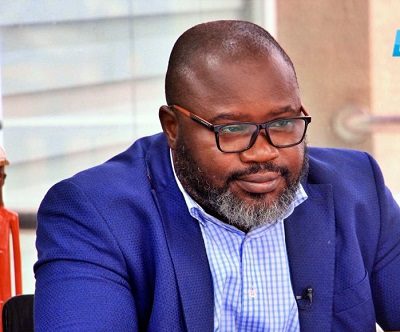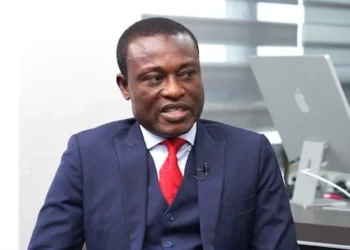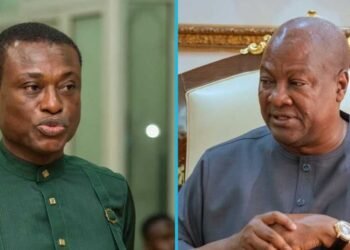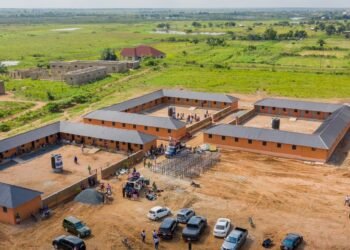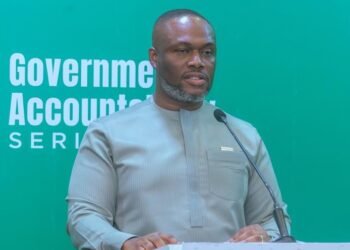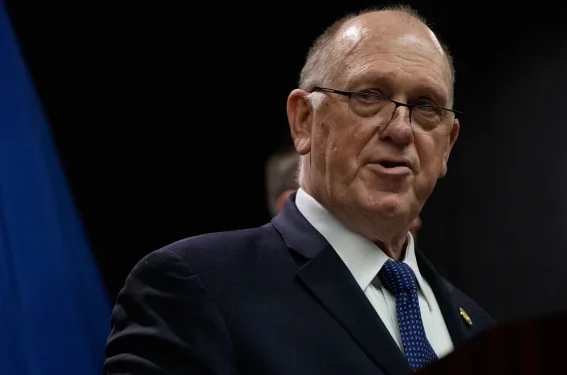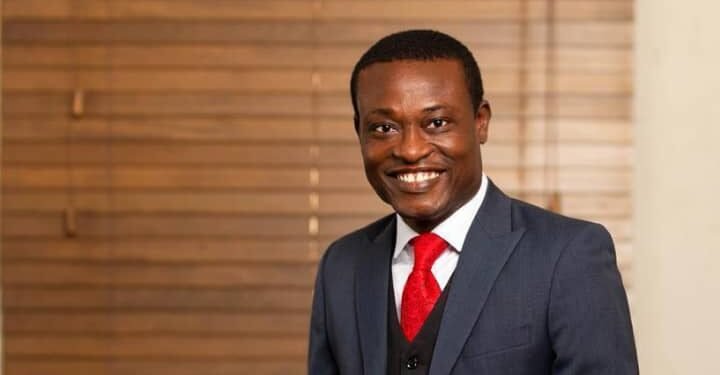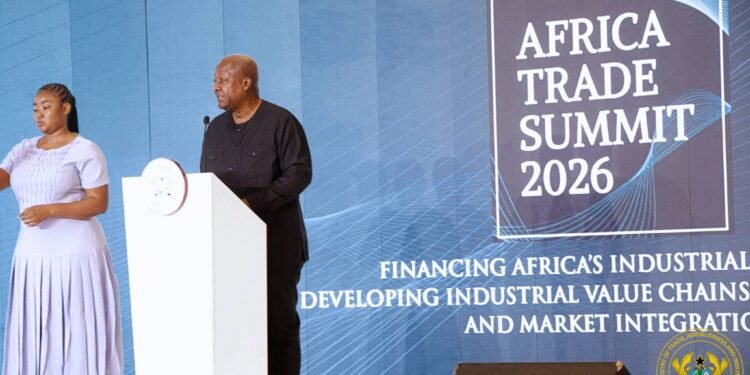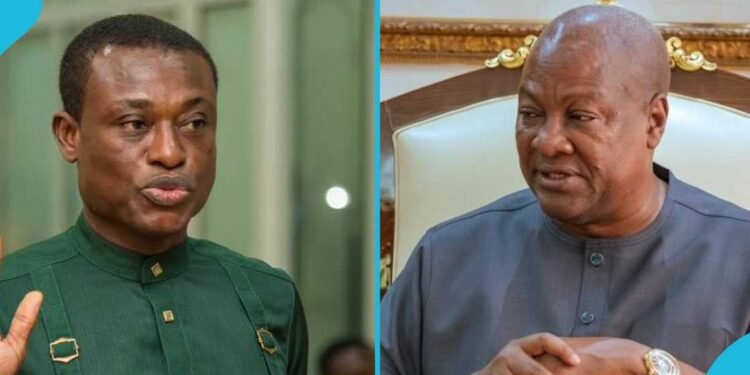Education think tank, Africa Education Watch (Eduwatch), has urged the government to include traditional and cultural leaders in the ongoing review of Ghana’s national curriculum, stressing that community engagement is crucial to the success of value-based education.
The organisation argued that while teachers play a central role in instilling discipline, empathy, and respect among pupils, such lessons will not take root unless communities reinforce these values beyond the classroom.
The call was made during the presentation of Eduwatch’s Gender Transformative Review of the Standards-Based Curriculum, as the government, under President John Dramani Mahama, prepares to review the curriculum introduced in 2019.
“It’s important that we begin to mirror whatever we want to see at the community level – the positive things we want to promote,” said Kofi Asare, Executive Director of Africa Education Watch.
“Our recommendation to the government is that if it’s really intentional in promoting value education through this ongoing curriculum review at the basic level, government will have to invest through NaCCA in having extensive community engagement, especially with cultural securities”
Kofi Asare, Executive Director of EduWatch
Eduwatch explained that education reform must go beyond the classroom to ensure that lessons taught in schools are reinforced by society. The think tank maintained that involving traditional and cultural leaders, who are key custodians of Ghanaian values, will strengthen the social acceptance and implementation of the revised curriculum.
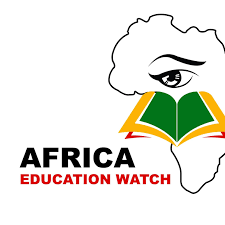
The group observed that while teachers are trained to promote values such as self-discipline, tolerance, and empathy, these virtues are often undermined when communities operate by conflicting norms. Thus, value-based education must be a shared national project involving educators, families, and cultural institutions.
“The success of Ghana’s curriculum depends not only on classroom teaching but also on community acceptance,” Eduwatch stated in its report.
The group further noted that engagement with traditional authorities can help bridge the gap between modern educational goals and local social realities, ensuring that reforms are “contextually relevant and culturally grounded.”
Gaps in Gender Equity and Classroom Practices
The Gender Transformative Review of the Standards-Based Curriculum also found that while the 2019 curriculum aimed to equip learners with 21st-century competencies, it fell short in addressing deep-seated gender inequalities.
The report revealed that although inclusivity is encouraged in theory, the curriculum lacks clear mechanisms to challenge stereotypes or promote active fairness between boys and girls. Eduwatch’s findings pointed to a gap between intention and practice, particularly in how gender equity is reflected in teaching methods, learning materials, and classroom monitoring.
“The curriculum, though inclusive, does not adequately challenge harmful gender norms or actively foster fairness between boys and girls,” the think tank stated, identifying a lack of measurable indicators to track progress on gender transformation in schools. It described this as a major setback to Ghana’s equity goals.
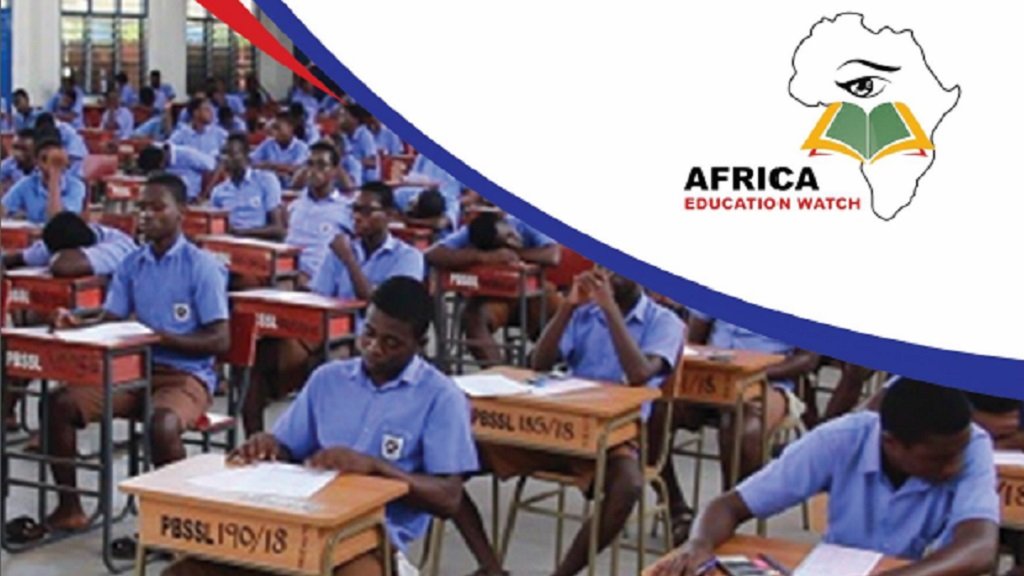
To address these shortcomings, Eduwatch recommended that the Ministry of Education and its agencies develop “gender-transformative learning tools,” that promote equality in classrooms. The group advised the creation of inclusive storybooks, activity guides, and practical teaching resources that highlight positive female representation and challenge stereotypes.
Additionally, the report urged the integration of gender-responsive pedagogy into teacher training programmes, with emphasis on fostering equal participation and leadership opportunities for both boys and girls. It also called for “assertiveness and leadership activities for girls to be embedded across subjects,” ensuring that empowerment becomes a mainstream component of basic education.
Eduwatch further appealed to the National Council for Curriculum and Assessment (NaCCA) to work closely with traditional authorities to ensure that gender equity and value-based education are not seen as foreign concepts but as natural extensions of Ghanaian culture and identity.
By aligning curriculum reform with community engagement, Eduwatch believes Ghana can build a stronger education system that produces both skilled and value-driven citizens.

The think tank concluded that achieving lasting change requires not just new content but new partnerships between educators, policymakers, and cultural leaders.
READ ALSO: Nigeria Seeks $2 Billion China Loan for ‘Super Grid’ to Fix Power Crisis

